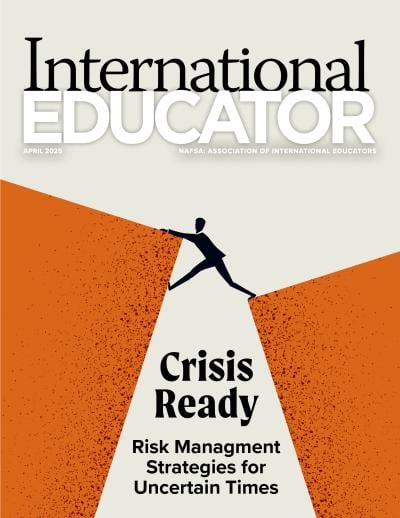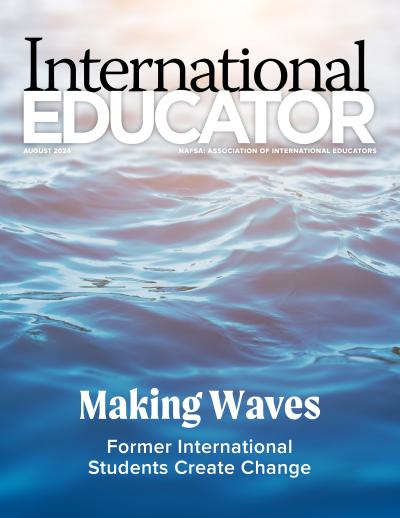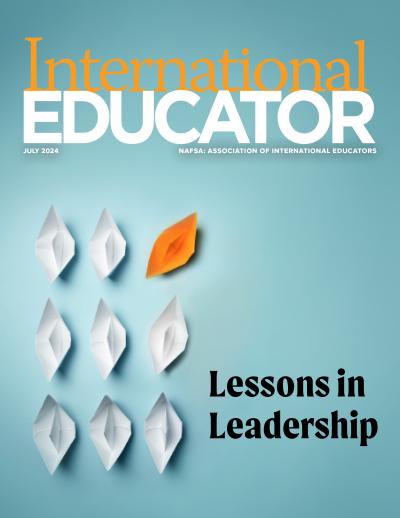Preparing Faculty to Teach Abroad
As internationalization continues to be a growing priority on most campuses, faculty-led programs continue are trending upward: sixty-one percent of campus respondents to the Institute of International Education (IIE) 2011 Open Doors survey indicated that they had added short-term faculty led programs to their study abroad offerings.
“Some institutions are now including international activities in promotion and tenure reviews, which has been encouraged for years by IIE and ACE as important recognition for the extra effort involved,” says Robin Melavalin, director of the Center for Global Connections at Mount Ida College. “Faculty are enthusiastic about traveling with students if the program is well-organized and there is adequate support.”
That, of course, is a big, and very important, “if.” And the need to adequately prepare faculty for the special demands of teaching and directing programs abroad is something that is well understood by education abroad professionals, if not always by faculty and administrators.
“Faculty on campus have an army of professionals to support them—deans, medical, and mental health personnel, safety and security officers, university counsel, residential life staff, student activities officers,” says James Citron, intercultural education specialist at Dartmouth College, who has for some years taught a NAFSA workshop on preparing U.S. faculty to direct programs abroad, along with Melavalin and other colleagues. “But often faculty members who direct a program abroad can feel ill-equipped to handle the variety of situations that can come up. Being an outstanding academic does not always prepare you to handle all the expectations students, parents, host country











